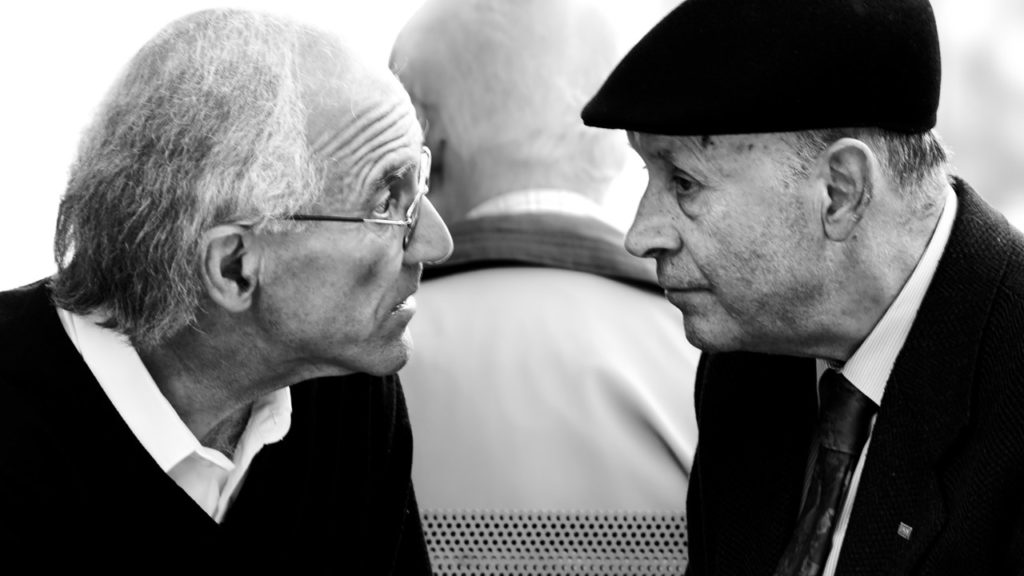THE BASICS
All habits are behaviors but not all behaviors are habits. Behaviors are things you do. Things you do consistently are not necessarily habits. Crying when you are hurt is not a habit; it is a consistent reaction to a variety of situations.
Habits are unique behaviors. They are automated but not full automated. Fully-automated behaviors are called reflexes. We come with reflexes built in. When air is puffed into your eye, you blink. You don’t have to think about it. It is an automatic response that you can’t change. Coughing and sneezing are automatic reflexes you can’t control.
Habits are semi-automated. They are changeable. They are not easily changeable but they can be modified. Habits are like ruts in the road, favorite songs or regularly viewed documents. Ruts are from regular travel down the same path. Habits are patterns that are regularly repeated. Like your favorite song list or commonly searched documents, habits are behaviors are repeated often.
Drug addiction is not a habit, despite the common reference to having a drug habit. Addiction is semi-automatic behavior and modifiable. So far it sounds like a habit. But there is a biological component as well. Drugs impact your brain’s reward system. They screw up your ability to change your habits. Addictions are habits PLUS bio-chemistry.
Every day habits is our focus. Things we don’t have to think much about. Behaviors that require very little maintenance. Repeated tasks we can, with effort, change.
VIDEOS
What habits are
How habits are developed
Celebrate habits that work for you
How to pick a habit to change
How to break a habit

How Are Habits Developed?
Habits are developed incrementally. We start off consciously paying attention to what we are doing. Gradually, we need less and less mental supervision. Eventually, the behaviors require very little thinking.
 Remember the first time you drove a car or rode a bike? You had to really pay attention to what you are doing. Now, you’re an expert. You navigate, hum to yourself, talk to other people and think about something else all at the same time. Driving has become a habit.
Remember the first time you drove a car or rode a bike? You had to really pay attention to what you are doing. Now, you’re an expert. You navigate, hum to yourself, talk to other people and think about something else all at the same time. Driving has become a habit.
In technical terms, you move from working memory to procedural memory. The first time you do something you have to focus on it. But after some experience it gets easier and your brain shifts from using the cerebral cortex to regulating our behavior with the limbic system.
Like ruts, making habits is easier if the context is consistent. Doing the same thing in the same place makes habits easier to form. Doing the same thing in different places takes a lot more practice.
Habits can take anywhere from a week to a year to develop. In the 1800s, William James thought it took 21 days. But it varies greatly between people and between tasks. Similarly, breaking a habit can occur quickly but usually takes time. The longer you’ve had a habit, the longer it takes to change it.
How Do You Break A Habit?
There are four basic ways to break a habit. Remember this acrostic: FITS. Each is habit-breaking technique. FITS stands for flooding, incompatible response, threshold and sidetracking. We will look at each in turn.
ASSIGNMENT
Here’s your assignment. Think of six habits: three you want to change and three you like. Make a list.
Celebrate
What three habits do you currently have that are good for you (brushing your teeth, etc.)? We’re not going to use them right away but it’s good to remind yourself that you have already succeeded at forming good habits.
Select three
What three habits do you want to change (biting your nails, watch TV, etc.)? Pick three.
Evaluate the habit you want to change
Ask yourself these questions:
Is it huge? Start with something small, no huge.
Is it age appropriate? Three-year olds stutter but they will get over it; its what kids do at that age. Don’t reward them or make fun of them (no matter how cute they are); ignore it and it will go away, usually. If it doesn’t go away in 6 months, you’ll need professional help.
Is it more than a habit? Smoking is a habit plus drug. You can try my tips but the best way to stop smoking is to get medical help.
Is it impossible to break? You have to eat, breathe and drink water. You can lower your usage of food but you can’t eliminate it.
Is it your habit? We won’t cover how to break other people’s habits. That’s a different course. This is all about you.
Final Three
Write down the three habits you want to change:
- 1.
- 2.
- 3.
Got your three?
More Examples
I’ll add four more examples, so you can see how the process works. I’ll choose food, thoughts, activities and a phobia. Specifically, I’ll describe how to:
- Lower sugar intake
- Not think about a car crash
- Not multitask
- Eliminate the fear of using elevators